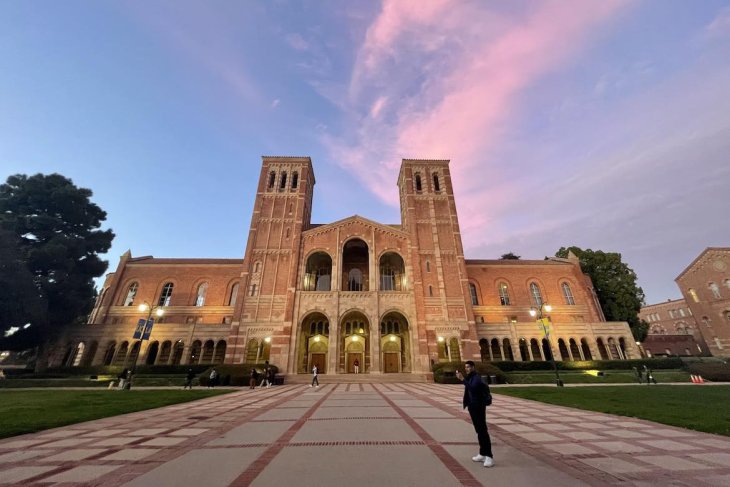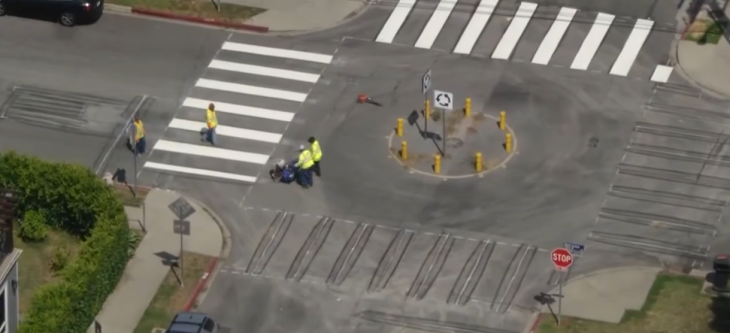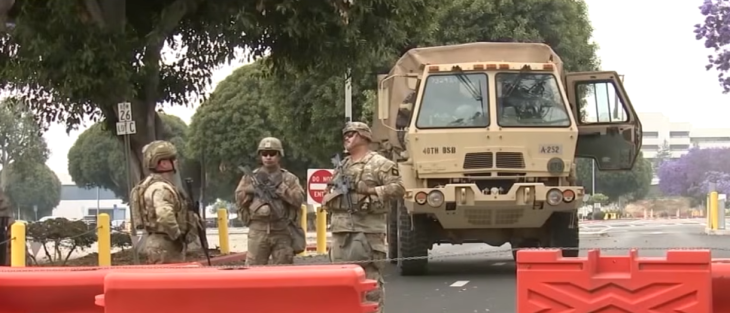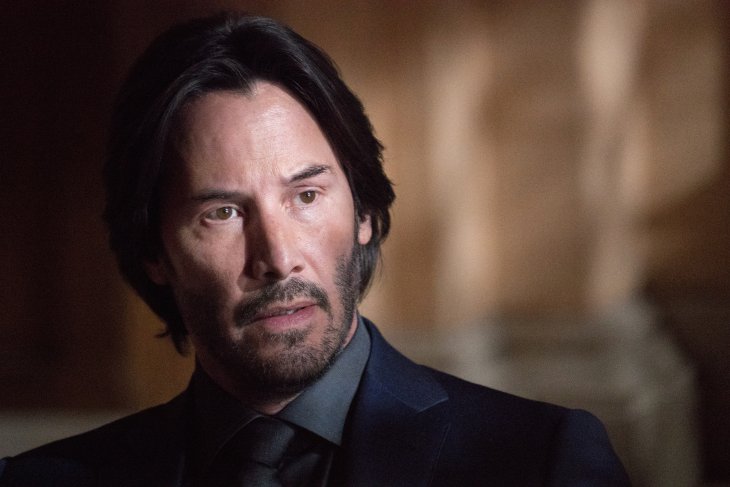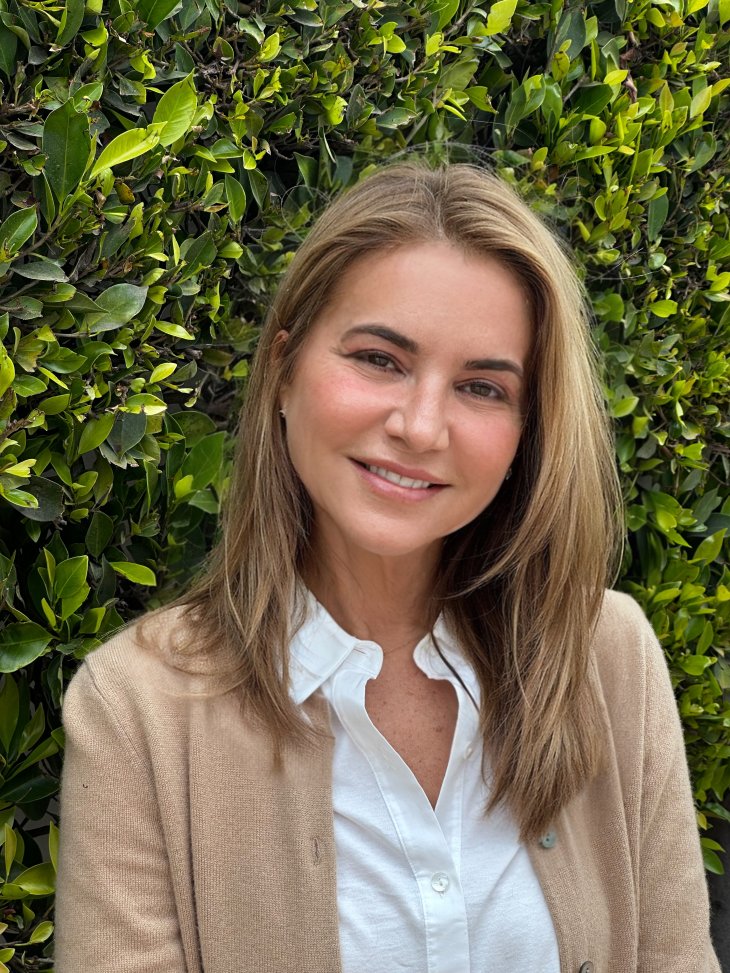By Jeff Hall
I had the good fortune to go to a Harvard Business School reunion recently. It was my 40th – hard to believe.
The campus was abuzz with all kinds of social enterprise initiatives. MBAs no longer just want to go to Wall Street or work for some fancy-schmancy consulting firm. Many want to be part of an organization that performs some social good in the world.
It’s always good to get away from the daily grind and be exposed to new ideas. There was one presentation in particular, given by Professor Michael Porter and businesswoman/civic activist Katherine Gehl, that caught my attention.
Gehl and Porter spent many months conducting a structural analysis of the “politics industry,” as they call it.
Gehl and Porter’s central thesis: Our two-party political system isn’t really broken. It’s a duopoly doing does exactly what it is designed to do – keep the two-party system in place, as is.
That’s because there are many rewards that accrue to those currently in power: Money, status, power, etc.
A lot of jobs are at stake – campaign consultants, pollsters, lobbyists, staffs – and of course, those of our elected officials.
While the current system practically guarantees gridlock — resulting in bad public policy outcomes – the system is quite outstanding when it comes to protecting the status quo.
Gehl and Porter offered many suggestions for fixing things, but they put particular emphasis on the potential curative powers of a “Four Forward” open primary and ranked-choice voting (RCV) general election system.
In California, we already have a “top two” primary system, but some think that, more often than not, that results in one Democrat facing off against one Republican, so little has really changed.
If we didn’t think so much about party affiliation – and focused more on which candidate we actually wanted to represent us – Ranked Choice Voting would, according to Gehl and Porter, result in winners who more satisfy the greatest number of voters.

Let’s say four candidates make it through the primary to run for an office in the general election. Voters get to vote for choice numbers one, two, three and four – in ranked order.
If your first choice isn’t elected, maybe your second choice will be.
That’s better than seeing your LAST choice winning – which is often how people feel when they believe they are voting for “the lesser of two evils” (and their first choice loses).
If four candidates run and nobody wins a majority in Round One, Vote-Getter Number Four gets eliminated and those who voted for Vote-Getter Number Four will see their second-place votes counted in the next “round” of voting.
(There isn’t actually a new round of voting, thank goodness; at this point, all the redistribution of second-choice votes is handled automatically by computer.)
If a majority (51 percent) winner doesn’t emerge after Round Two, Vote-Getter Number Three is eliminated and his or her second-place votes get redistributed in Round Three.
The third round will result in a winner unless there is an actual tie, which is unlikely. But if there is a tie, then we go back to an old-fashioned run-off election.
I will confess, I understand the math far better in theory than I do in practice, so I guess we just have to trust the computers. Alas, it was the same back in business school, 40 years ago. Accounting was never my thing.
Here is a video from the State of Maine which helps show how Ranked Choice Voting works (Maine already uses this system): http://www.rcvmaine.com/ivnvideo.
To learn more about this subject, I highly recommend the Porter/Gehl report, called “Why Competition in the Politics Industry is Failing America,” which can be found here:
http://bit.ly/politicsindustry
I will extend an invitation to Katherine Gehl and Michael Porter to come visit our little corner of the world.
Let’s get a big roomful of people together to listen to their presentation. Katherine Gehl and Michael Porter can then explain this far better than I have.
Maybe there is something in the “Four Forward” concept we can apply to Los Angeles and California. Ideas that take hold here have a way of eventually sweeping the rest of the country.




